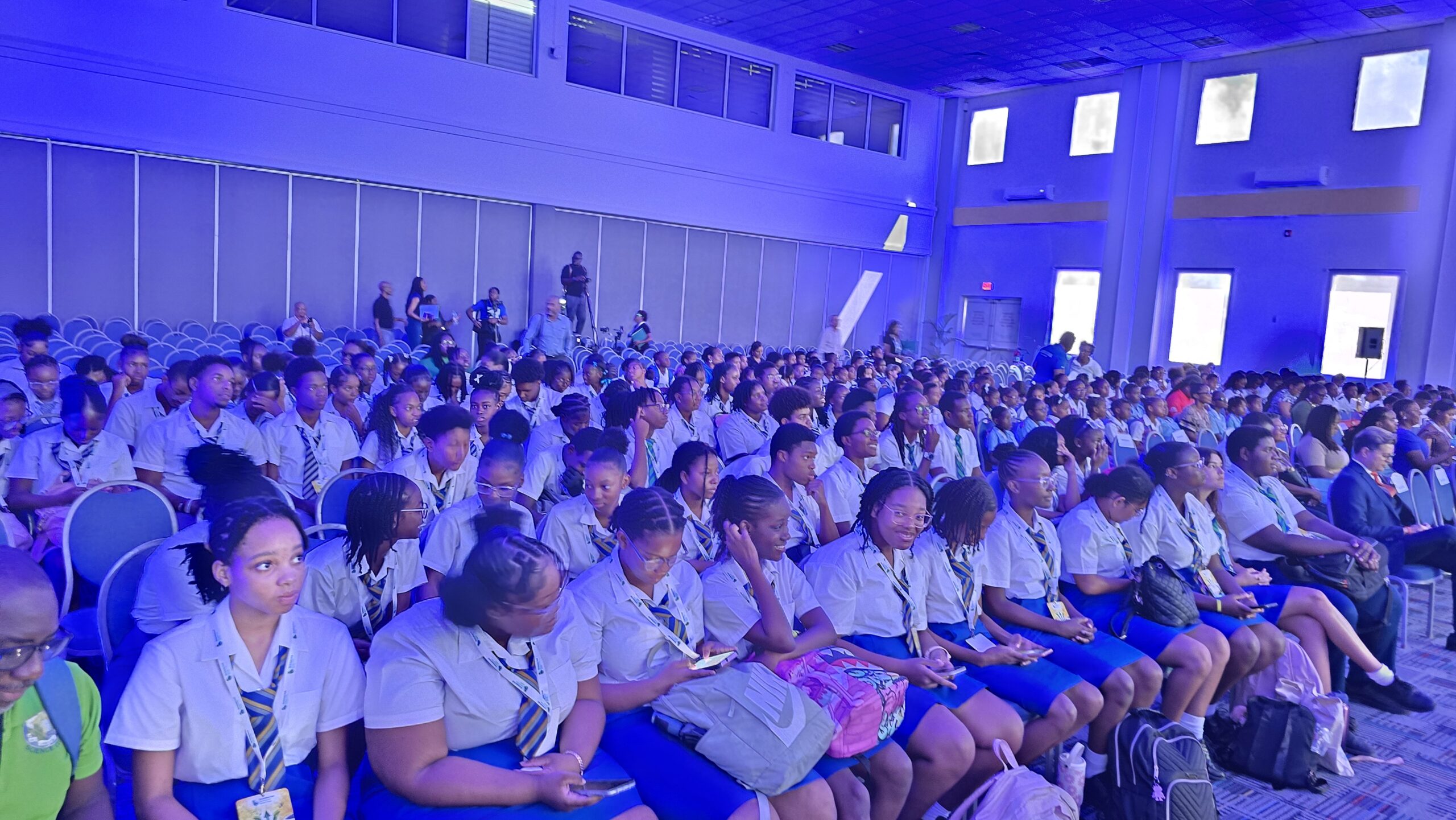A United Nations climate advisor has raised alarms over the unchecked expansion of hotels and high-rise condominiums along Barbados’ coastline, warning that such development is eroding the island’s natural beauty and ecological integrity. Speaking at the Barbados Youth Climate Action Summit and Expo, Ashley Lashley, a prominent environmental advocate, criticized the prioritization of profit over sustainability, calling for a fundamental shift in how progress is measured.
Lashley, who also heads the Ashley Lashley Foundation, highlighted the visible consequences of coastal development. “When you drive around Barbados, you see hotels and condos growing taller by the week, restaurants creeping closer to the beach, and this is labeled as progress. But progress for whom?” she questioned. She expressed deep concern over the loss of natural spaces, particularly beaches, which are vital to the island’s identity and future generations.
Lashley argued that Barbados’ economic model rewards resource extraction rather than environmental protection. “We celebrate every new building, every ribbon cutting, but where’s the recognition for the reef that died last year or the mangrove that protects us from floods?” she asked. She likened current development practices to “capitalism dressed up as progress,” emphasizing that the true cost of this approach is already evident in the form of droughts, heatwaves, and increasingly severe hurricanes.
Joining Lashley at the summit, Selwin Hart, Special Advisor to the UN Secretary-General on Climate Action, echoed her concerns, noting that the Caribbean is disproportionately affected by climate change despite contributing minimally to its causes. “The region is paying the highest price for a crisis it did not create,” he said. However, Hart praised the Caribbean’s resilience and innovation, citing initiatives such as solar microgrids, mangrove restoration, and climate-smart farming as examples of regional leadership.
Both speakers called for urgent action and unity, urging young people to continue advocating for sustainable solutions and amplifying the Caribbean’s voice on the global stage. “The world is watching the Caribbean,” Hart said. “Let us transform vulnerability into leadership and injustice into momentum for change.”
